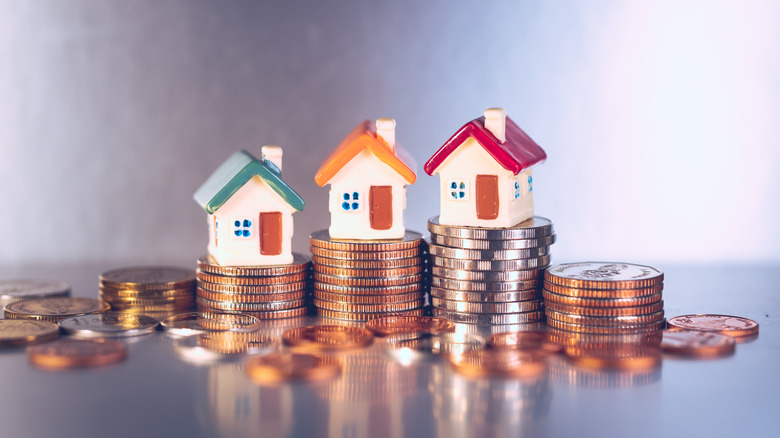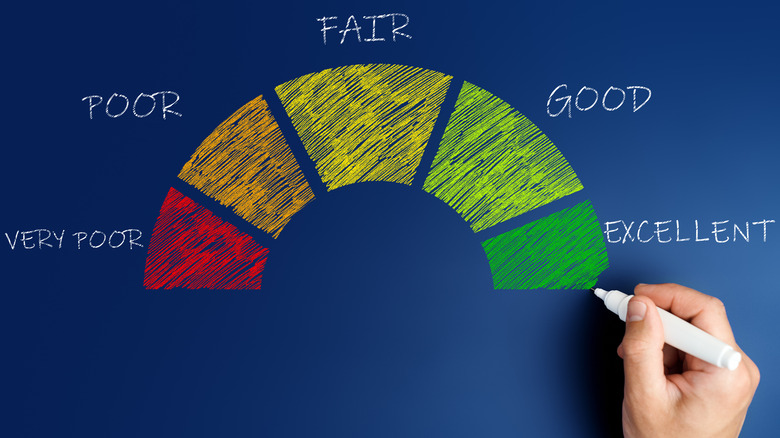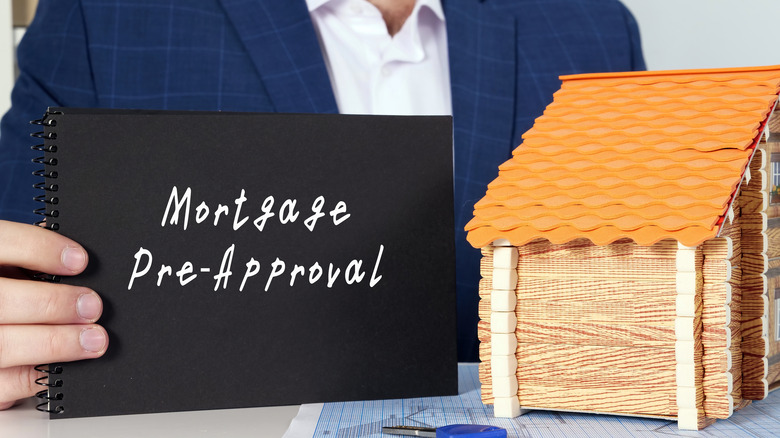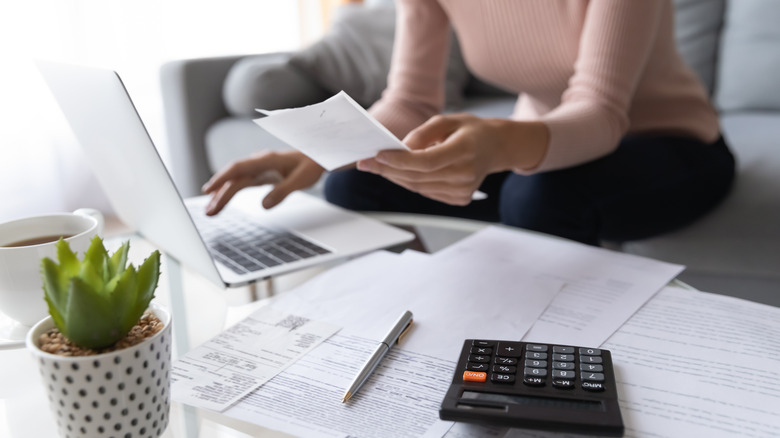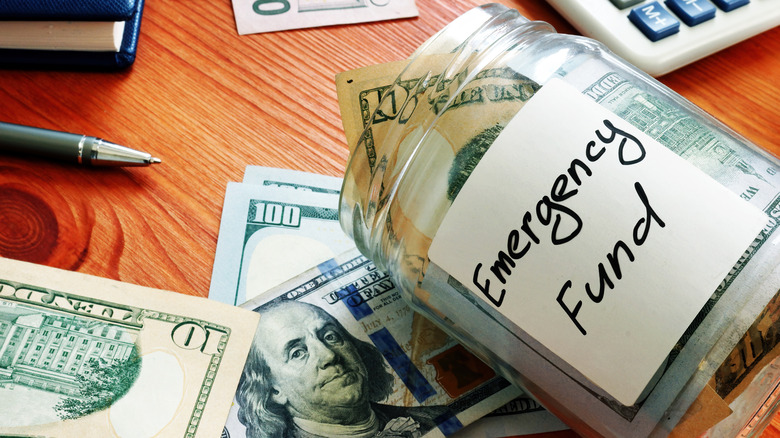5 Important Things You Should Start Doing The Year Before You Buy A House
Buying a home can be one of the most exciting moments in life. Finally, a home all of your own to do with what you wish. When interest rates in mortgages increase, waiting some time until you buy your home can be a rather smart move, according to The Mortgage Reports. It gives you time to give some important thought to certain things and time to research everything from loans to homes.
There are a few things to keep in mind when purchasing a home. First, be sure to budget for all of the associated costs, such as moving expenses, closing costs, and mortgage payments. Second, get pre-approved for a mortgage loan. This will help you avoid any surprises when it comes time to purchase your home.
Finally, be prepared for some bumps in the road. The home buying process can be long and complicated, so be patient and stay focused on your goal.
1. Start saving now
You can begin saving for a down payment by opening a specific savings account, perhaps one with a high-interest yield, and try to build up 10% to 20% of the total cost of the house. One great way is to start small and increase your contributions as your budget allows. If you put money towards your new home with every paycheck that you get, you will have a nice nest egg in no time at all. If you can put around 20% down, according to Rocket Mortgage, you may be able to save by not having to purchase private mortgage insurance.
There are also other ways to save money for a down payment on a house. One such way is to make extra payments on things like any credit card bills you have, even your car loan, so you will have less of that to worry about when you try for a mortgage. You can also purge your home and sell items you no longer need or even take on extra work hours if you wish to increase your paycheck in order to save more.
2. Check your credit today
When you're looking for a new mortgage, the first thing your lender is going to look at is your credit score. This three-digit number is a reflection of your credit history and how likely you are to repay your debts. A high credit score means you're low risk and will likely get a lower interest rate on your mortgage.
Your credit score can be affected by a variety of things, including how much debt you have, how often you pay your bills on time, and how long you've had credit accounts. If you have any questions about your credit score or want to improve it, you can reach out and talk to a mortgage lender. They can help you understand what goes into your score and what you can do to improve it. Zillow suggests pulling your credit report from three sources: Experian, TransUnion, and Equifax.
It is a good idea to take a look into your credit now if you plan on purchasing a house in the coming year. By doing so, you are able to see what your score is, and if it is low, there are ways to improve it. Some of these ways include paying bills on time and limiting your credit card usage while you are trying to save for a home. By doing that, you should see your score increase.
3. Get pre-approved
If you're thinking of buying a home, getting pre-approved for a mortgage is a must. It will give you an idea of what your buying options are and whether the home you want is within your budget. Most lenders will offer you a pre-approval letter, which shows the seller that you're a serious buyer and that you are ready to shop for a home.
According to NerdWallet, some conventional loans may only require around 3% down. Getting a pre-approval letter may even help to speed up the whole process itself.
Lenders will look at your income, debts, and credit score to determine how much they are willing to lend you. It's important to shop around for the best rate and terms. Once you have an offer from a lender, you can start shopping for homes within your budget. Keep in mind that the offer is not final until you have signed the contract and gone through underwriting.
4. Learn your budget
When you are looking to buy a home, it is necessary to keep your budget in mind. Make sure that you know how much you can afford to spend on a mortgage and on monthly expenses, such as utilities, taxes, and any HOA fees you may have. It is also important to have a good debt-to-income ratio. This will help you get approved for a mortgage and will also help you save money on interest rates.
Freddie Mac recommends that you factor other things into your budget, such as the move itself, how much it is going to cost, whether you are going to hire movers, etc. Not to mention ongoing costs that may be included in your mortgages, such as homeowner's insurance, escrow payments, or something else.
Always be realistic about what you can afford. Just because you can qualify for a loan doesn't mean you should stretch your budget to the max. You'll want to leave room in your budget for unexpected expenses and emergencies.
5. Save for an emergency
In tough economic times, it's necessary to have a cushion to fall on. Emergencies happen, and they can often catch people off guard. That's why you should always have some money saved up specifically for emergencies. This will help you avoid having to rack up credit card debt or take out another loan in a time of need.
There are a few different ways to go about saving money for an emergency. One option is to have a specific savings account earmarked for this purpose. Another is to put a little money away each month into a general savings account. Whatever method you choose, make sure you are regularly contributing and that the money is easily accessible if you need it. According to Dough Roller, lenders are much less likely to give you a mortgage if you don't have any money left after purchasing your home. Having a safety net of some sort is a must.
Emergencies can come in many different forms, so it's important to be prepared for anything. A broken furnace in the middle of winter, broken cars, or even a job loss can all result in unexpected expenses.

